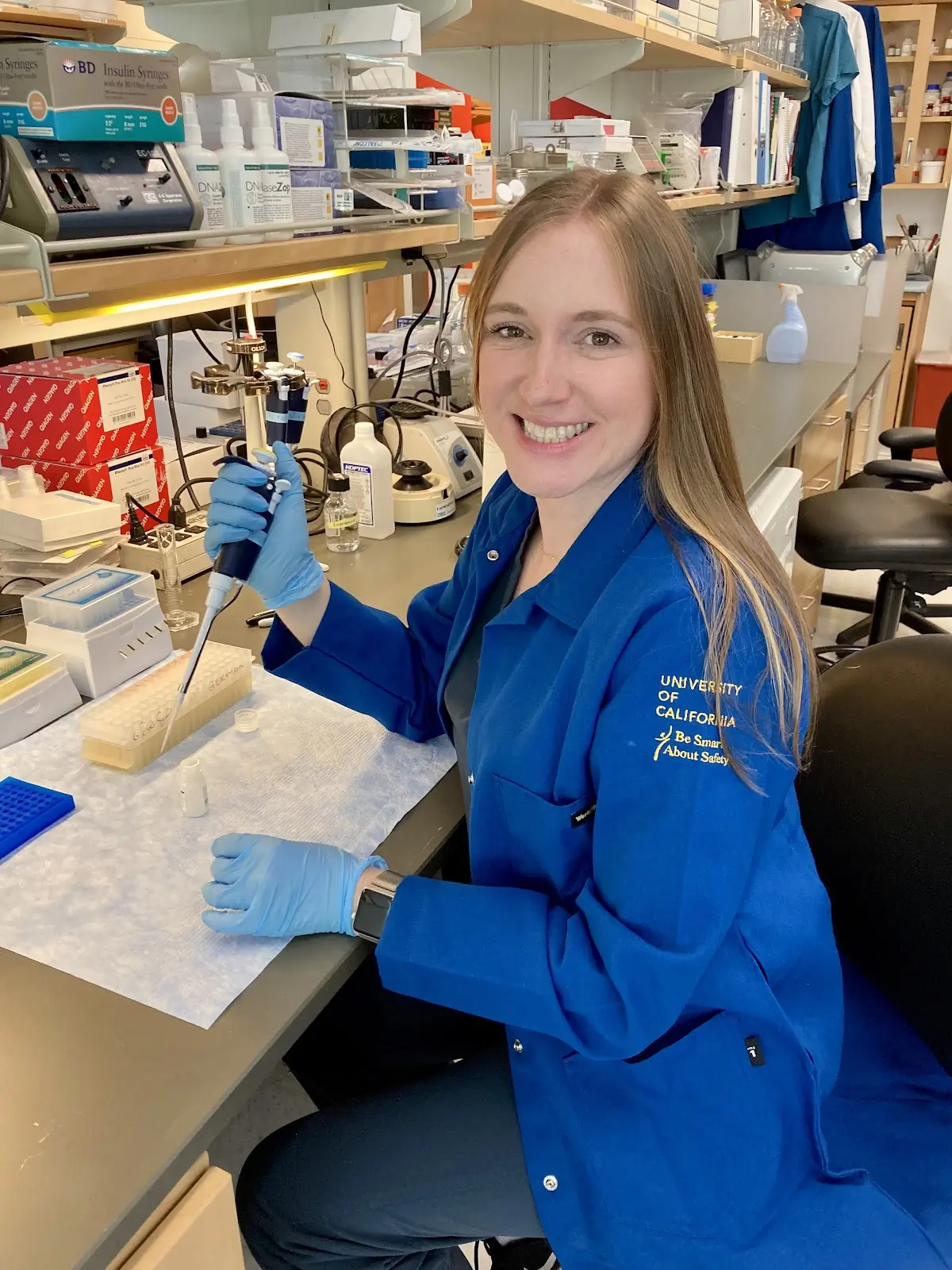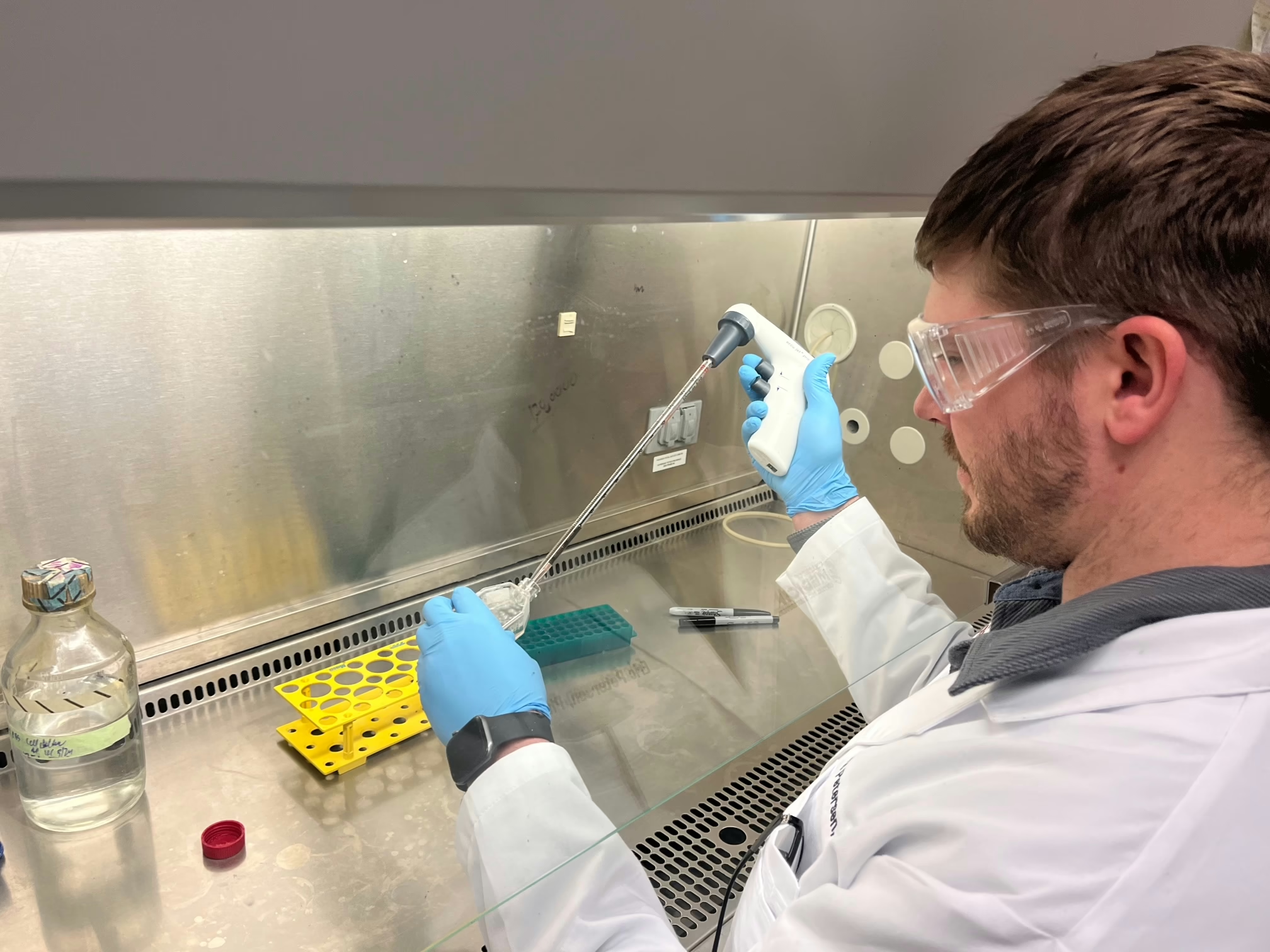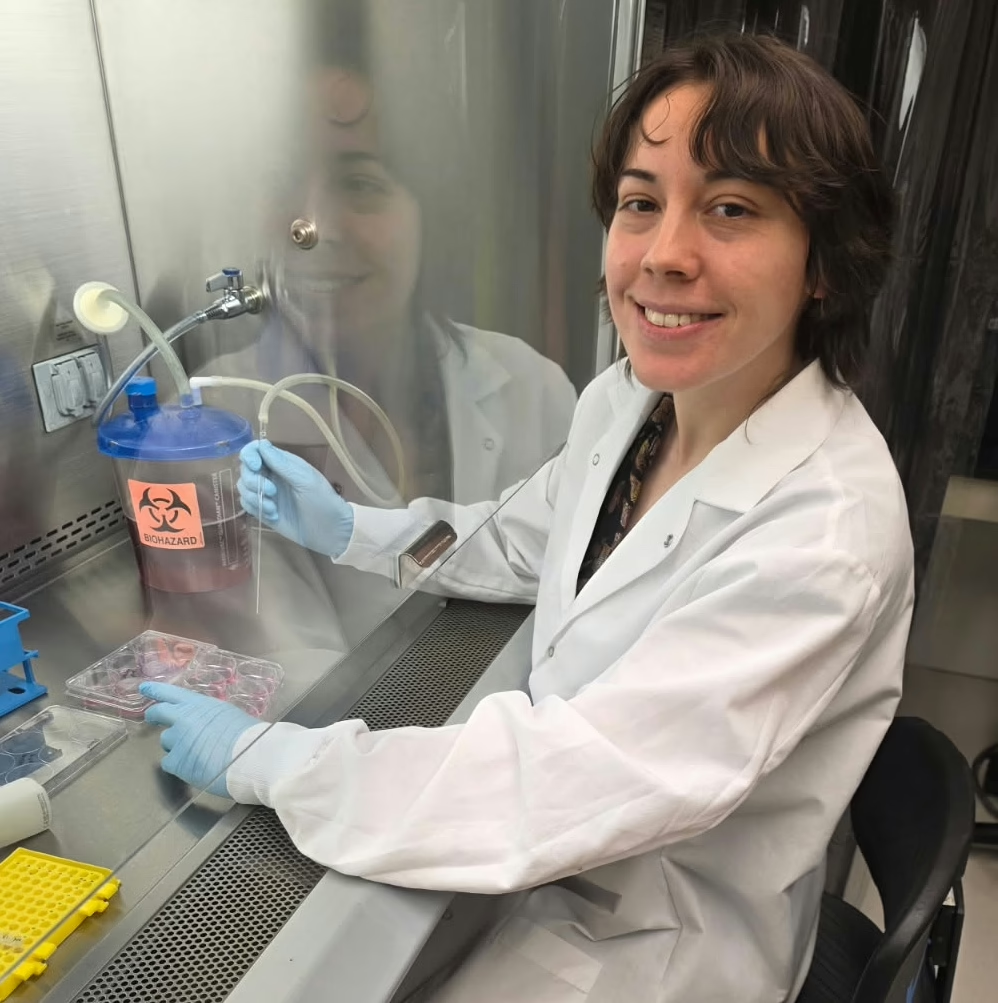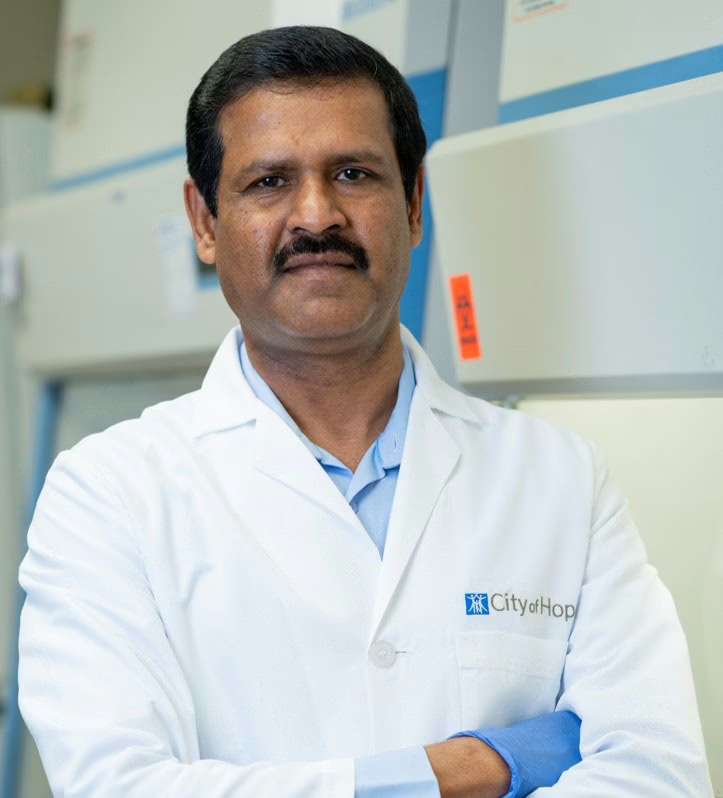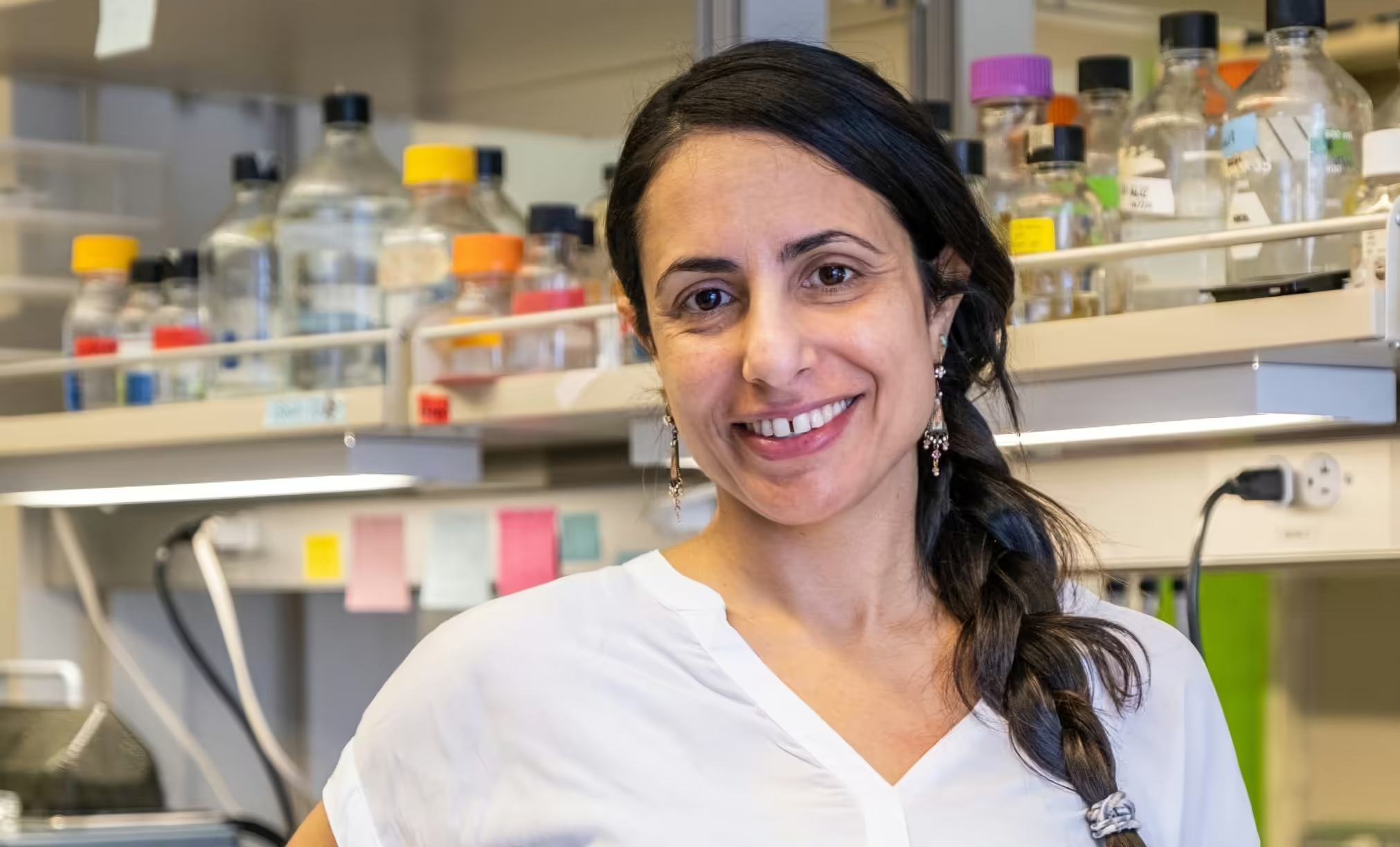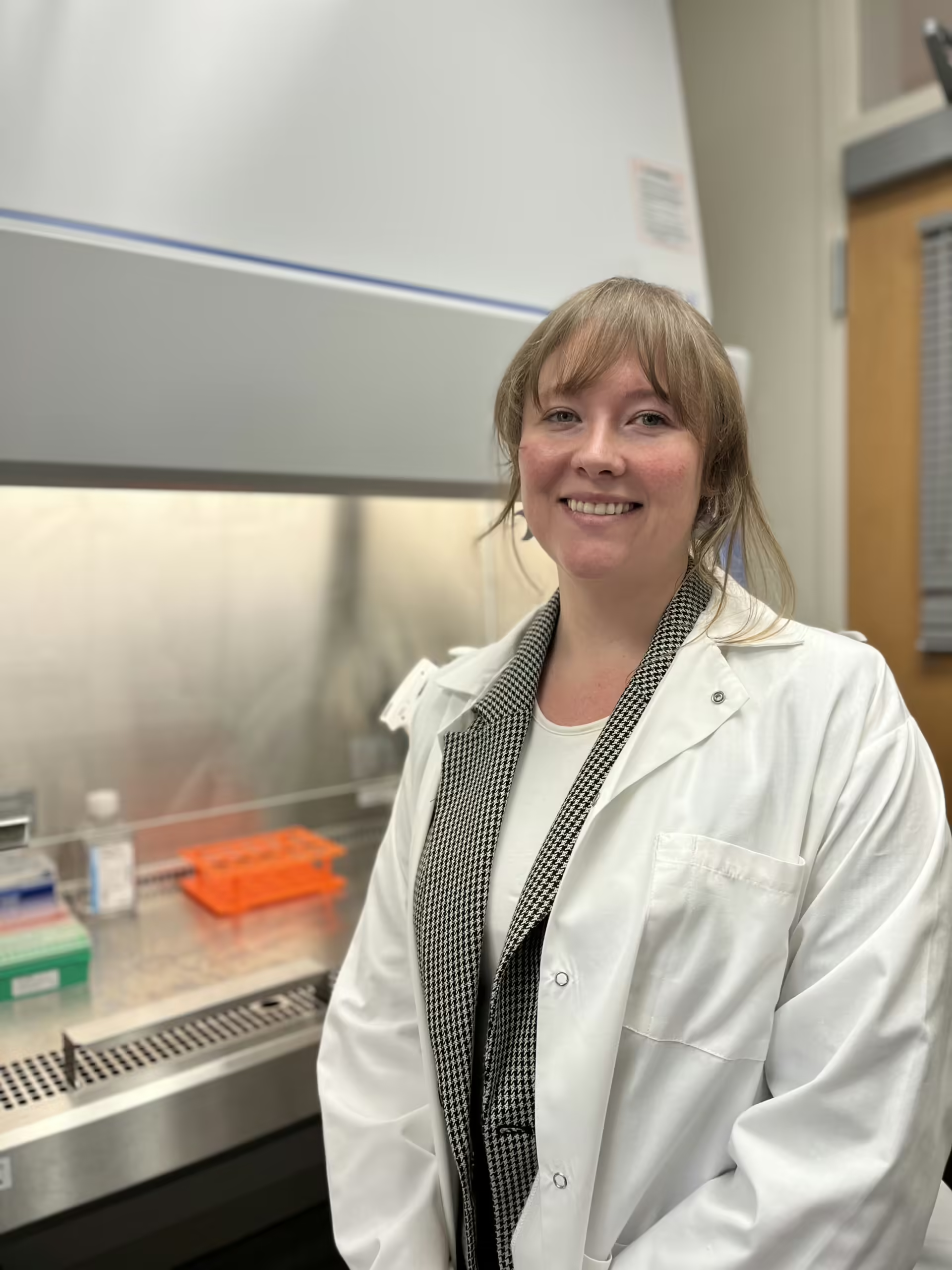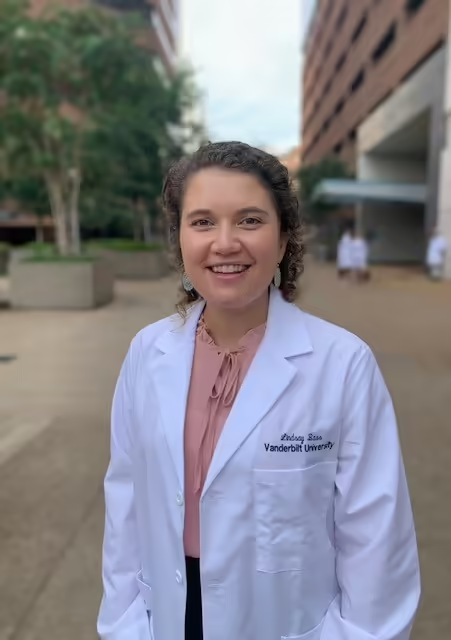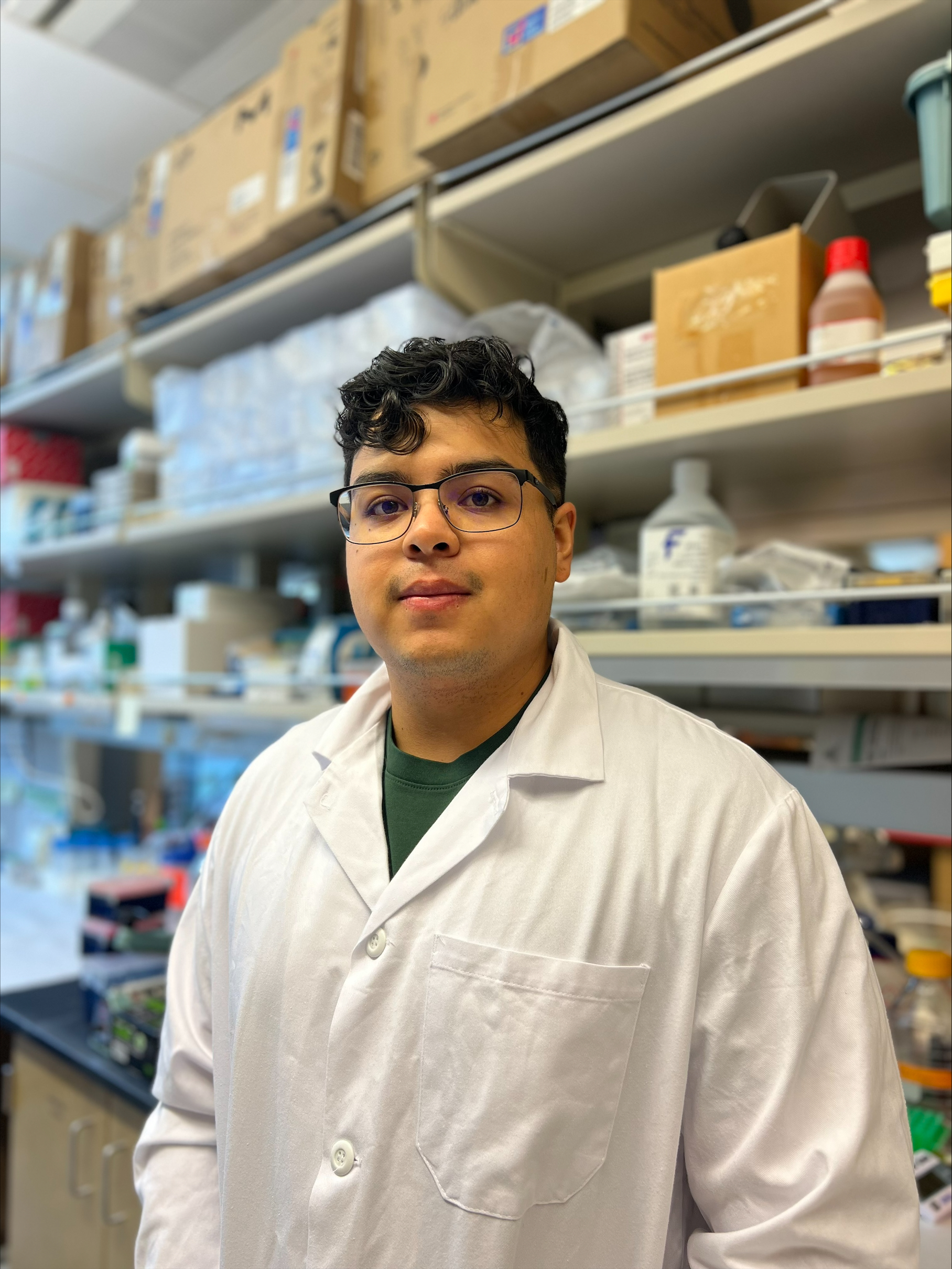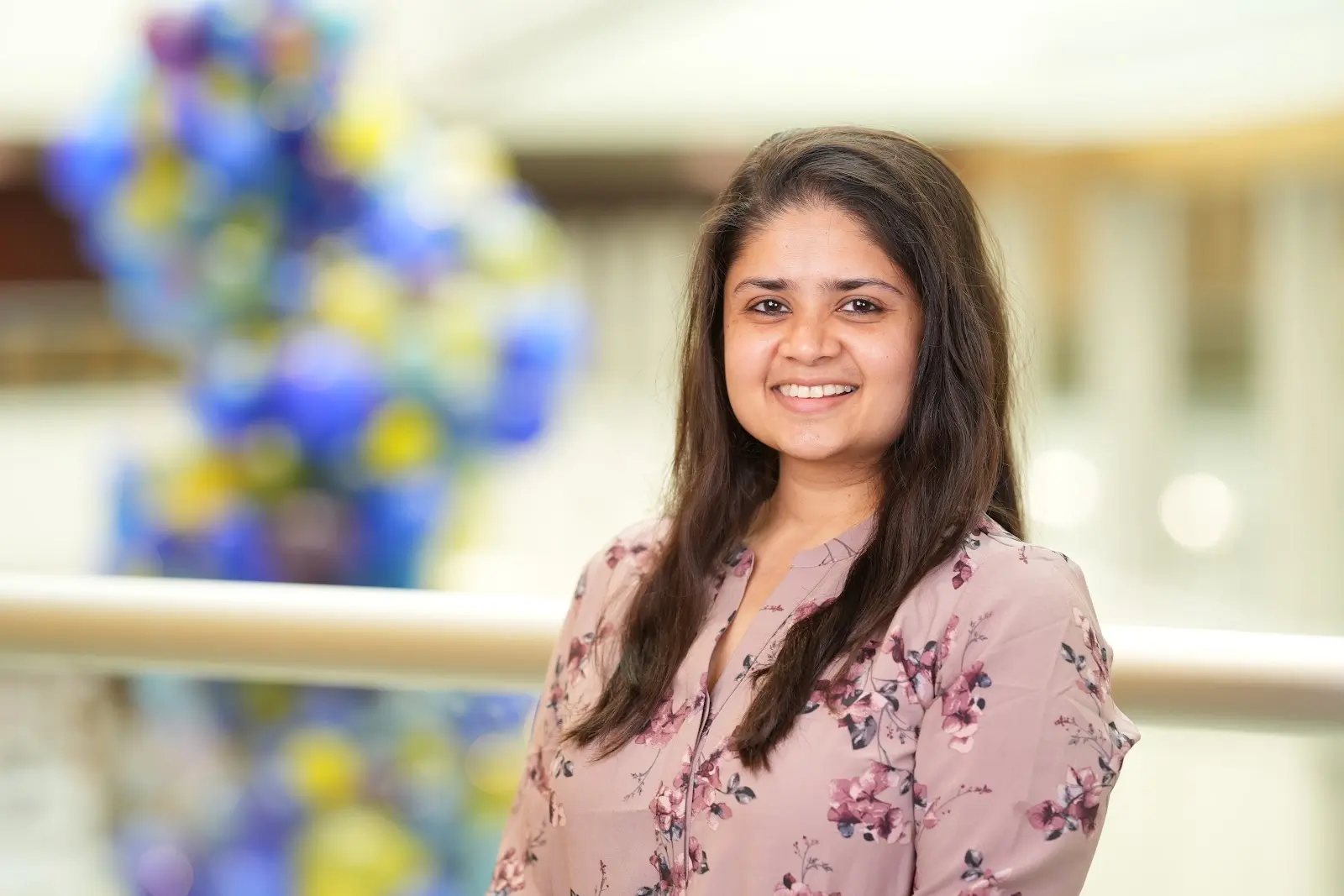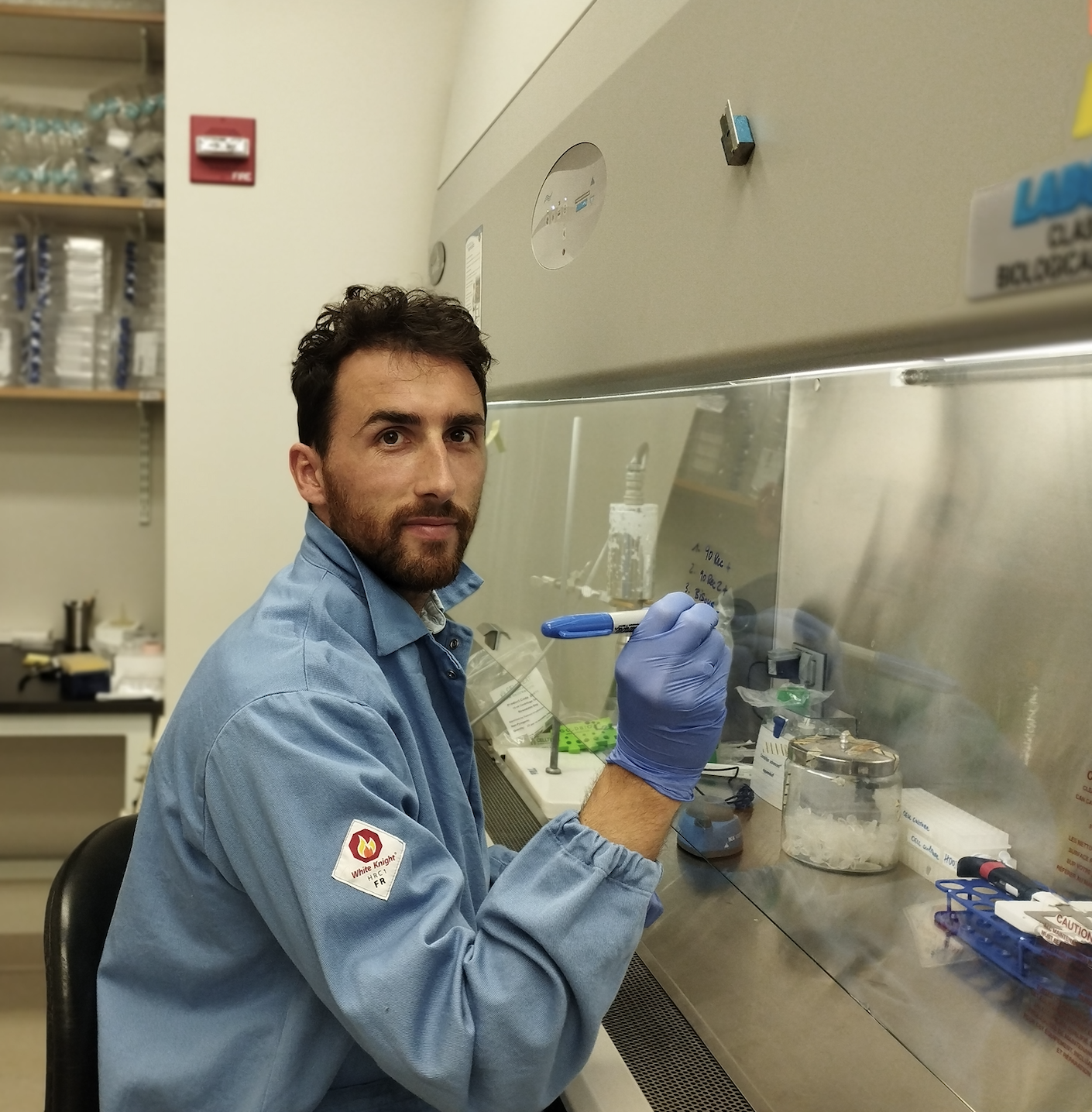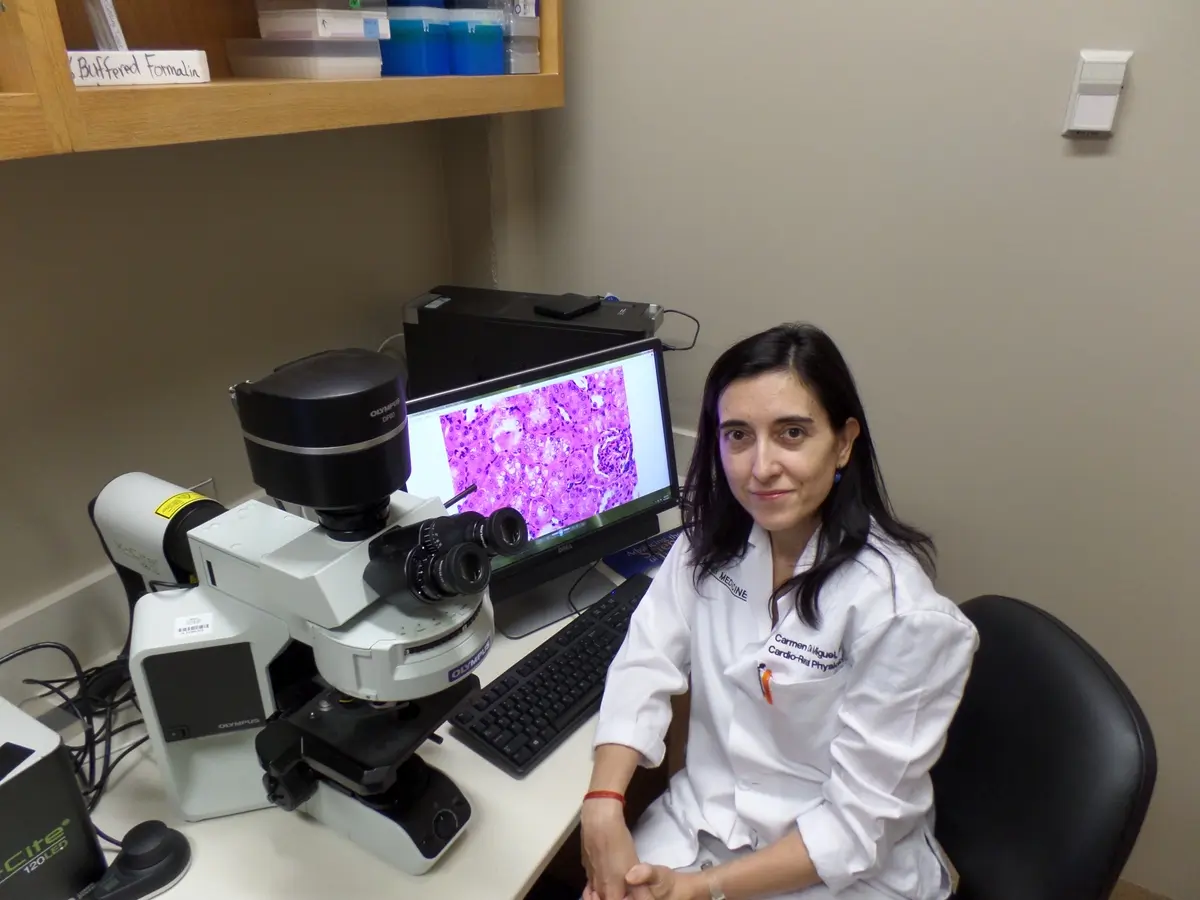Final Update
With the help of funding from the Diabetes Research Connection (DRC), I made major strides in identifying genetic mutations that contribute to monogenic Type 1 diabetes (T1D), advancing our ability to predict, treat, and potentially prevent the disease. By investigating rare families with clear patterns of inherited T1D, our team uncovered several candidate genes linked to immune system dysfunction. I focused on ASCL1, a gene carrying a mutation in a family with multiple generations affected by T1D. My research showed that this mutation impairs ASCL1’s transcriptional activity. Because ASCL1 drives the expression of beta-cell antigens in the thymus—a key site for immune tolerance—its reduced function lowers the presentation of these self-antigens. This breakdown in thymic negative selection allows autoreactive T cells to escape, setting the stage for autoimmune attack on pancreatic beta cells. The same ASCL1 mutation causes autoimmune diabetes in mouse models, supporting this mechanism and directly implicating it as a driver of the disease. I am currently authoring a paper to report this finding.
Beyond ASCL1, I identified additional transcription factors active in the thymus that may collaborate with ASCL1 to regulate beta-cell gene expression. These discoveries point to a previously unrecognized transcriptional network essential for training the immune system to tolerate pancreatic beta cells. This insight has profound clinical relevance. By revealing how thymic expression of pancreatic antigens is regulated, we are uncovering a new pathway that could be targeted to prevent T1D at its origin. These findings move us closer to a precision medicine model for T1D—one that targets root causes rather than symptoms, with the ultimate goal of stopping the disease before it starts.
This work helped our team secure NIH funding to continue the project and motivated me to continue my pursuit of a career in clinical diabetes research.
6- Month Project Update
With the help of Diabetes Research Connection (DRC) funding, we have made important progress in the past six months. In conjunction with the University of Chicago, we recruited and sequenced another family with several members who were found to have type 1 diabetes and a mutation in our gene of interest, ASCL1. This has further bolstered our belief that ASCL1 plays a role in the pathogenesis of this autoimmune endocrine disease and accelerated our efforts to demonstrate this.
To this end, I have continued to pursue in vivo studies by replicating cell culture experiments in a HELA line. Over the next six months, I hope to have these results and to create a non-obese diabetic mouse model for the other ASCL1 mutation that we have since identified. DRC funding has also made it possible for me to travel to international scientific meetings and connect with other diabetologists to foster potential collaborations.
Project Description
We can better predict and treat Type 1 diabetes (T1D) by studying its genetic forms. While most people living with T1D are not closely related to anyone else with the disease, approximately 10% have an affected parent, sibling, or child. This suggests a strong single-gene, or monogenic, driver in these individuals. Genetic sequencing now allows us to identify culprit mutations and offer targeted therapies – an example of precision medicine at its finest. Examining these rare families is also likely to reveal underlying mechanisms and druggable pathways applicable to all people with T1D.
A collaborative group of investigators at the University of California, San Francisco and University of Chicago has been recruiting families with evidence of monogenic T1D and sequencing their DNA. We have now sequenced over 200 families and identified at least 7 candidate genes. With the support of this Diabetes Research Connection grant, I plan to focus on a few main candidates.
We hypothesize that these genes play a crucial role in the immune system, specifically in an organ called the thymus. The thymus is a small gland in the chest that teaches important immune cells called T-cells to protect the body against infections. To do this, T-cells must learn to properly differentiate between foreign and self so that they only kill invaders. In autoimmune diseases like T1D, this process goes awry, and T-cells instead attack the body’s own pancreatic beta cells.
Our multidisciplinary team consists of scientists with expertise in immunology, genetics, and endocrinology. As a first step to investigate these genes, we plan to study their expression in human cell lines. We will then look at their impact on the rate of diabetes development, thymic cell environment, and islet inflammation in a T1D animal model. The results are expected to reveal the role of our identified candidate genes in the development of T1D.
As someone who has lived with T1D for over 20 years, I understand first-hand the daily struggles of managing this chronic disease. I am also a physician and see T1D patients both in the clinic and hospital who suffer from diabetes distress and complications from their disease. Overall, the goal of my research is to improve the quality of life for individuals with T1D. I envision our work may lead to the reversal of T1D in patients with certain mutations who receive targeted therapy, and eventually prevention of the disease altogether.

